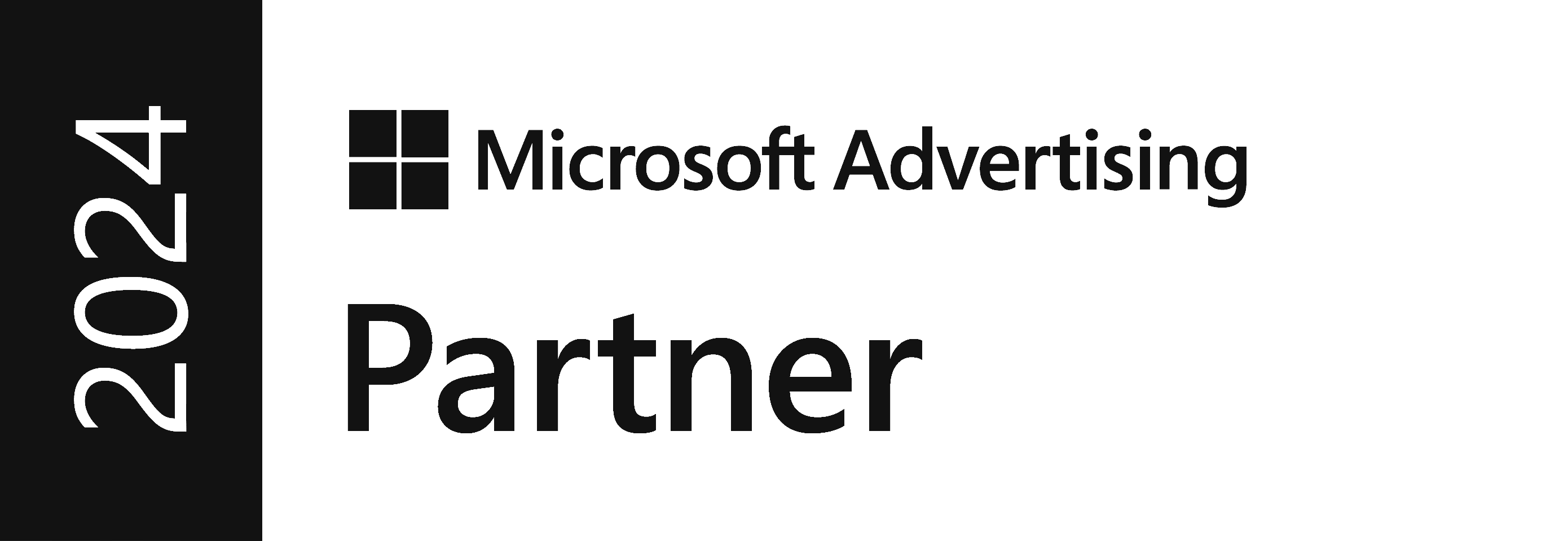Not to sound too dramatic but, in today's modern world it feels like it’s impossible to escape artificial intelligence (AI). In the digital marketing world alone, there seems to be a big AI advancement across social media, Google or in email on near a weekly basis, let alone the giant steps forward in other industries such as education, sport, and healthcare.
AI is becoming more and more integrated into the digital marketing toolkit and the practices we use daily. Examples of AI in digital marketing that I’ve come across include:
Email: AI suggested email subject lines that will improve open rates in MailChimp.
YouTube: AI checking video transcripts and the description below to suggest new titles for videos to increase views.
Google Ads: AI analysing campaign performance to optimize conversion rates in Performance Max. If you don’t know, get to know.
Social Media: OwlyWriter AI is Hootsuite’s built in writing tool that will instantly generate captions and posts across social media channels.
The list goes on.
In fact, I used AI to help me write this blog. I used the Otter AI app to transcribe my spoken thoughts as I paced around the boardroom in the office. I then emailed myself the results and gave everything a once over to polish it up. I personally find this tool really helpful for those moments when the ideas in my head just do not translate into words on the page.
A New Hope?
I first started using AI in marketing a couple of years ago after watching a seminar by our very own Alastair Banks. Al highlighted the benefits of a tool called Copy AI that would allow you change a piece of text’s tone of voice. I found Copy AI to be a useful tool for inspiring different writing styles as a starting point to adjust copy to difference audiences.
As an example, I asked Copy AI to rewrite the first line of this blog in the four different tones below.
Persuasive: “Artificial intelligence is everywhere and it doesn’t look like it’s going anywhere anytime soon.”
Professional: “AI is making big inroads into our everyday lives. It’s becoming more and more difficult to escape.”
Witty: “Imagine a future a few decades from now. Our lives are so intertwined with artificial intelligence (AI) that it becomes commonplace. It’s hard to tell which is cleverer: us or the machines?”
Friendly: “It’s now hard to escape AI. We’re surrounded by chatbots and smart assistants! They’re pretty awesome, but some people are freaking out about what they mean for the future of humanity. That got us thinking, maybe we can help.”
Earlier this year I started using ChatGPT too. I quickly found ChatGPT was a useful tool for helping to tackle those day-to-day admin tasks that take ages. In fact, in a recent episode of the More Than Digital Marketing podcast, Claire Hyne of Papillon Gin outlined how she used ChatGPT to help her write policy documents for her website.
To find out more about Claire’s thoughts on ChatGPT be sure to check out Episode 42 of the More than Digital Marketing podcast.
When used correctly, ChatGPT can also be a useful tool to inspire creative tasks too. I think most marketeers can relate to those moments when you’ve just finished your keyword research and programming automated email journeys and now you’ve got to join the breakout session for the upcoming campaign but you’re a little fatigued from the previous tasks and all out of your usual good ideas.
ChatGPT can be a useful tool for a little bit of inspiration to get those creative juices flowing again. I’ve included an example prompt below which you might like to use if you find yourself in predicament.

The benefits of AI as a valuable tool in the digital marketing tool kit are clear to see. A word of caution though, be careful not to rely on these tools too often.
The AI Strikes Back
In a previous role, where I was responsible for email communications, I had a problem. I started to feel like I was repeating myself newsletter after newsletter, there are only so many ways you can rewrite product descriptors after all.
I needed a little help to freshen up my copy. So, I started off using ChatGPT to help rewrite newsletter features such as product descriptors, details of upcoming events and award ceremony write ups. My colleagues were complementary of ChatGPT’s output and there were no noticeable changes in email campaign performance, so I kept using it. In time, I started to use it more and more.
Before too long I was using it to write the bulk of my email newsletter content. Tasks that used to take me hours to complete now only took minutes with minimal input other than a few prompts.
Whilst turning to ChatGPT for support might sound appealing to some marketers looking for a shortcut or business owners looking to drive efficiency I must stress with caution that during this time my feeling of job satisfaction was at an all time low.
Relying on ChatGPT meant I wasn’t taking pride in my work, and it all came far too easy. I really believe that over time if you don’t take pride in your work, the quality of your work will slip and in turn so will your performance outcomes.
Return of the Marketer
So, when I left that role and joined Optix Solutions it was important for me to draw a line in the sand.
I reminded myself of the reasons why I became a marketer in the first place. I reminded myself of my creative eye and analytical mind, both of which require nurturing and practice to develop and grow. I decided that if I was to continue to use chat GPT and AI tools to become a more efficient marketer, I would not rely on them at the expense of my own creativity.
Ever since I have taken this approach my feeling of job fulfilment is far improved; I feel much prouder of my work and the improved results I am producing for my clients. I still occasionally use ChatGPT as a tool in my marketing toolkit, but I do not rely on it anywhere near as much as previously.
AI is a useful tool in the digital marketing toolkit that when used correctly, can help us produce our best quality of work on a consistent basis. AI technology is becoming more and more integrated across the digital marketing mix and so its crucial we are marketing professionals stay on top of how to use AI to effectively produce the best results for our clients. We should however be careful not to over rely on AI to produce the bulk of our output or we risk compromising the long-term quality of our work and stifling our creative minds.
1st Floor, Alphin Brook House,
Alphin Brook Road,
Exeter EX2 8RG
MORE THAN
Digital
Marketing.
View our sustainability page.
PPC for B2B
PPC for Law Firms
PPC for Luxury Ecommerce Brands
PPC for Travel and Tourism
GEO Audit






